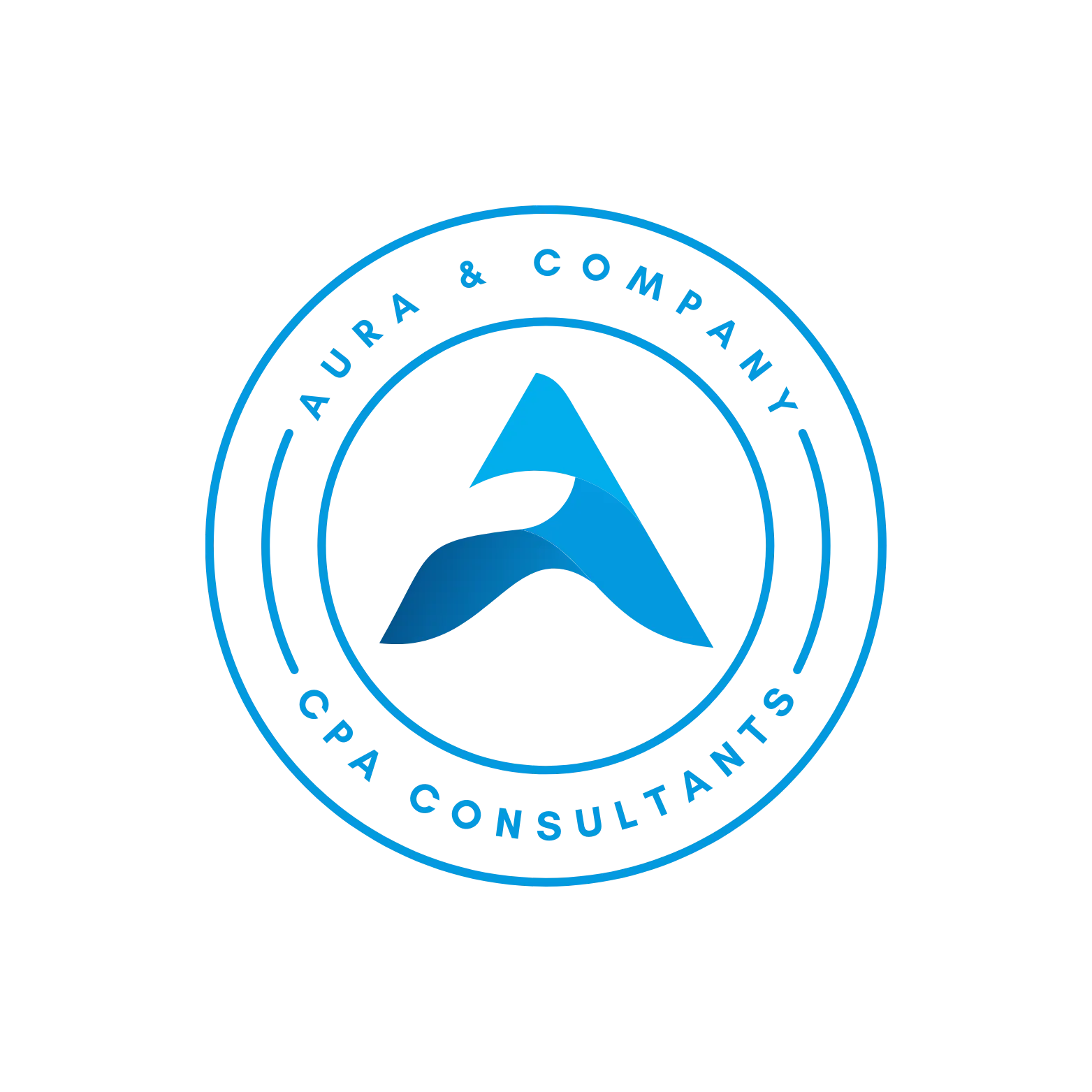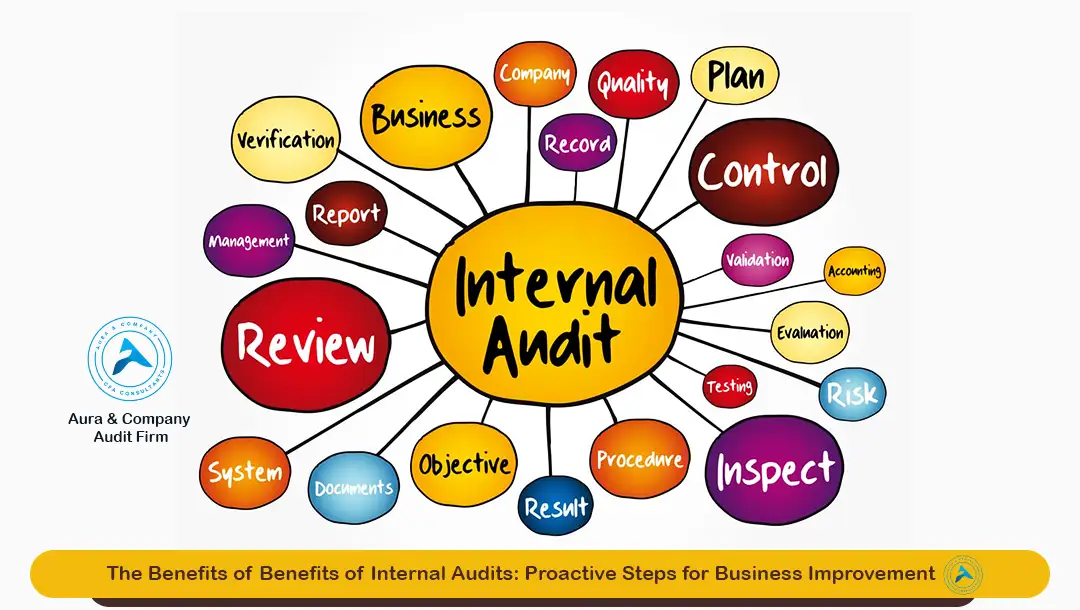Internal audits play a crucial role in enhancing the operational efficiency and financial health of a business. For companies in Kenya, implementing regular internal audits can provide significant benefits, ensuring compliance, identifying risks, and fostering continuous improvement. In this article, we explore the benefits of internal audits and outline proactive steps for leveraging them to drive business improvement.
Understanding Internal Audits
An internal audit is an independent, objective assurance activity designed to add value and improve an organization’s operations. It helps an organization accomplish its objectives by bringing a systematic, disciplined approach to evaluate and improve the effectiveness of risk management, control, and governance processes.
Key Benefits of Internal Audits
1. Enhanced Risk Management
Internal audits provide a thorough assessment of the company’s risk management processes. By identifying potential risks and vulnerabilities, businesses can take proactive steps to mitigate them. In Kenya, where the business environment can be unpredictable, robust risk management is essential for sustainability and growth.
2. Improved Internal Controls
One of the primary objectives of internal audits is to evaluate and improve the effectiveness of internal controls. Strong internal controls help prevent fraud, ensure accurate financial reporting, and safeguard company assets. This is particularly important for Kenyan businesses to maintain credibility and trust with stakeholders.
3. Regulatory Compliance
Kenyan businesses must adhere to various local regulations and international standards. Internal audits ensure that the company complies with all relevant laws and regulations, thereby avoiding legal penalties and reputational damage. Regular audits help stay updated with the latest regulatory changes and adapt accordingly.
4. Operational Efficiency
Internal audits identify inefficiencies and recommend improvements in business processes. By streamlining operations and eliminating waste, businesses can enhance productivity and reduce costs. This leads to better resource utilization and a stronger bottom line.
5. Strategic Decision-Making
Internal audits provide valuable insights into the organization’s operations and financial health. This information is crucial for strategic planning and decision-making. By understanding the strengths and weaknesses of the business, management can make informed decisions that drive growth and profitability.
Proactive Steps for Business Improvement through Internal Audits
1. Establish Clear Objectives
The first step in leveraging internal audits for business improvement is to establish clear audit objectives. Determine what you aim to achieve with the audit, whether it’s improving risk management, enhancing internal controls, or ensuring regulatory compliance.
2. Develop a Comprehensive Audit Plan
A well-structured audit plan outlines the scope, methodology, and timeline of the audit. It should include specific areas to be audited, the resources required, and the expected outcomes. In Kenya, businesses should consider local regulatory requirements and industry standards when developing the audit plan.
3. Engage Qualified Internal Auditors
Engaging qualified and experienced internal auditors is crucial for the success of the audit. In Kenya, auditors should be certified by recognized bodies such as the Institute of Certified Public Accountants of Kenya (ICPAK). Professional auditors bring expertise, objectivity, and a fresh perspective to the audit process.
Read also about How to Prepare for Your First Audit: A Comprehensive Guide
4. Conduct Regular Audits
Regular internal audits ensure continuous monitoring and improvement. Establish a schedule for periodic audits, whether quarterly, bi-annually, or annually, depending on the size and complexity of your business. Regular audits help in promptly identifying and addressing issues before they escalate.
5. Implement Audit Recommendations
The true value of an internal audit lies in the implementation of its recommendations. Develop an action plan to address the findings and suggestions from the audit. Assign responsibilities, set deadlines, and monitor progress to ensure that the recommendations are effectively implemented.
6. Monitor and Review
Continuous monitoring and review are essential to ensure that the improvements are sustainable. Regularly review the effectiveness of the implemented changes and make adjustments as needed. This iterative process fosters a culture of continuous improvement within the organization.
Need Audit Support?
At Aura and Company Audit Firm, we are experienced with the Audit industry in Kenya, posses a strong reputation, and are committed to providing personalized service. We do not not only help you comply with regulations but also provide valuable insights to help your business grow.
Visit our website at https://aura-cpa.com/, email us at audit@aura-cpa.com, Call us on 0794555000 | 0769111000 or visit us at Corner House 13th Floor Along Kimathi Street, Suite A6, Nairobi for clarification.

